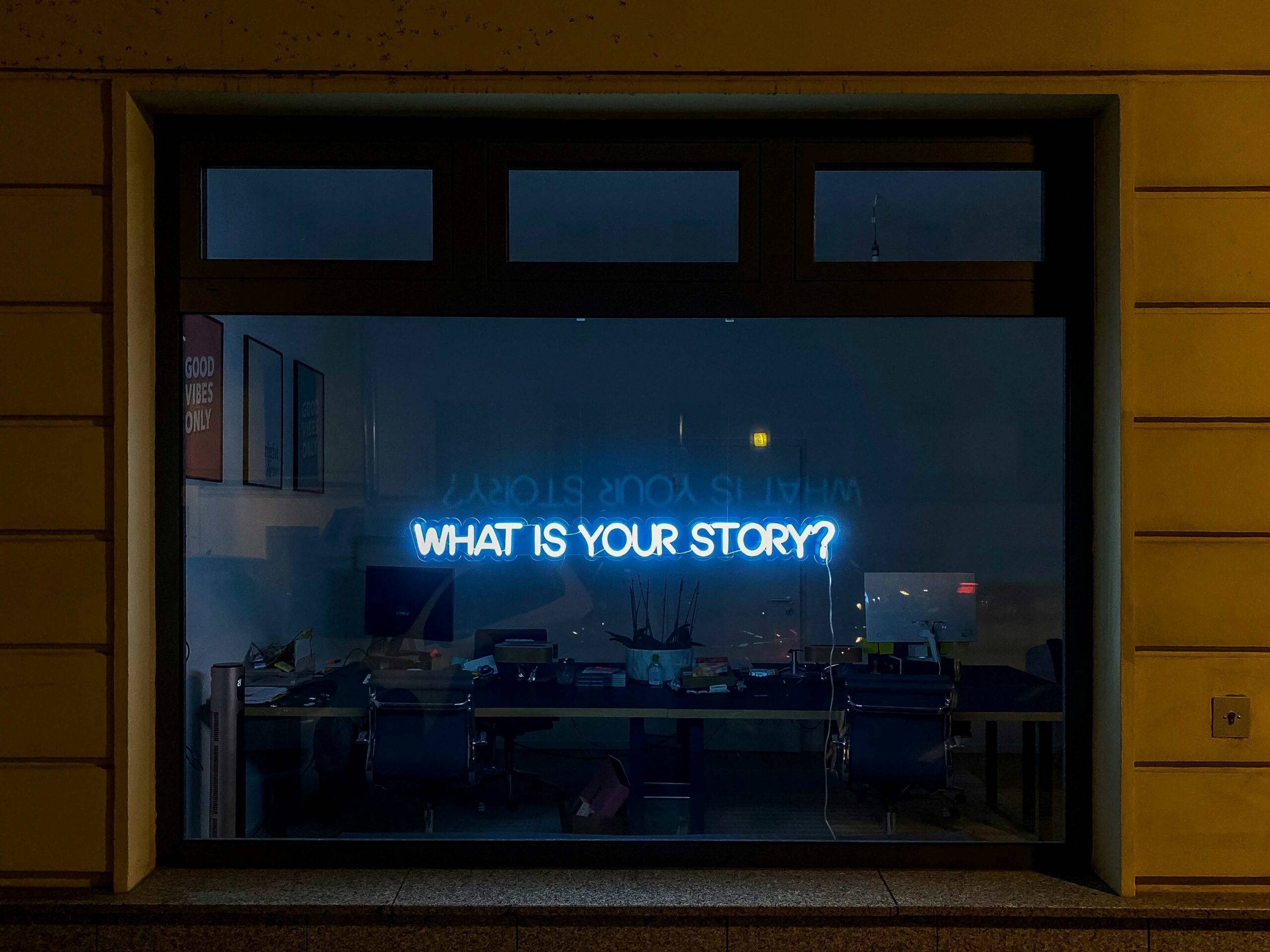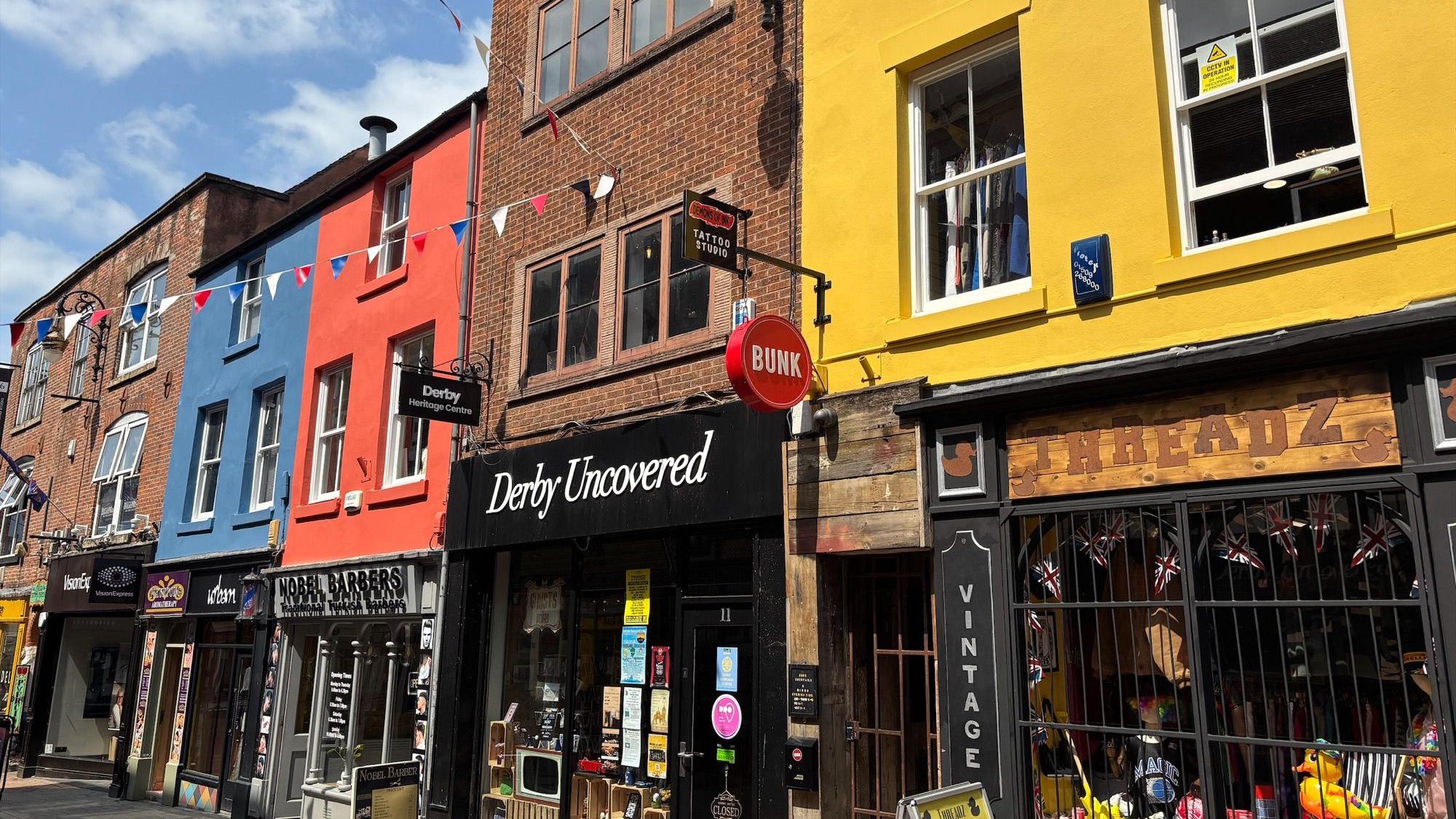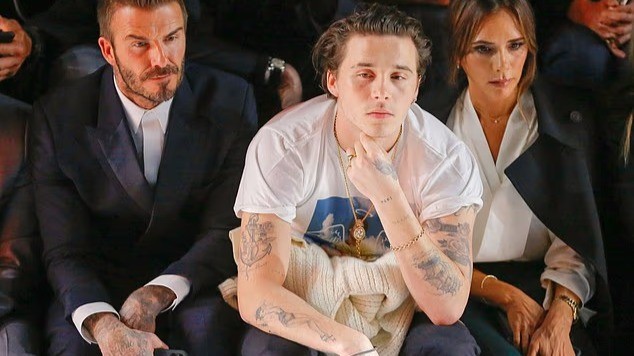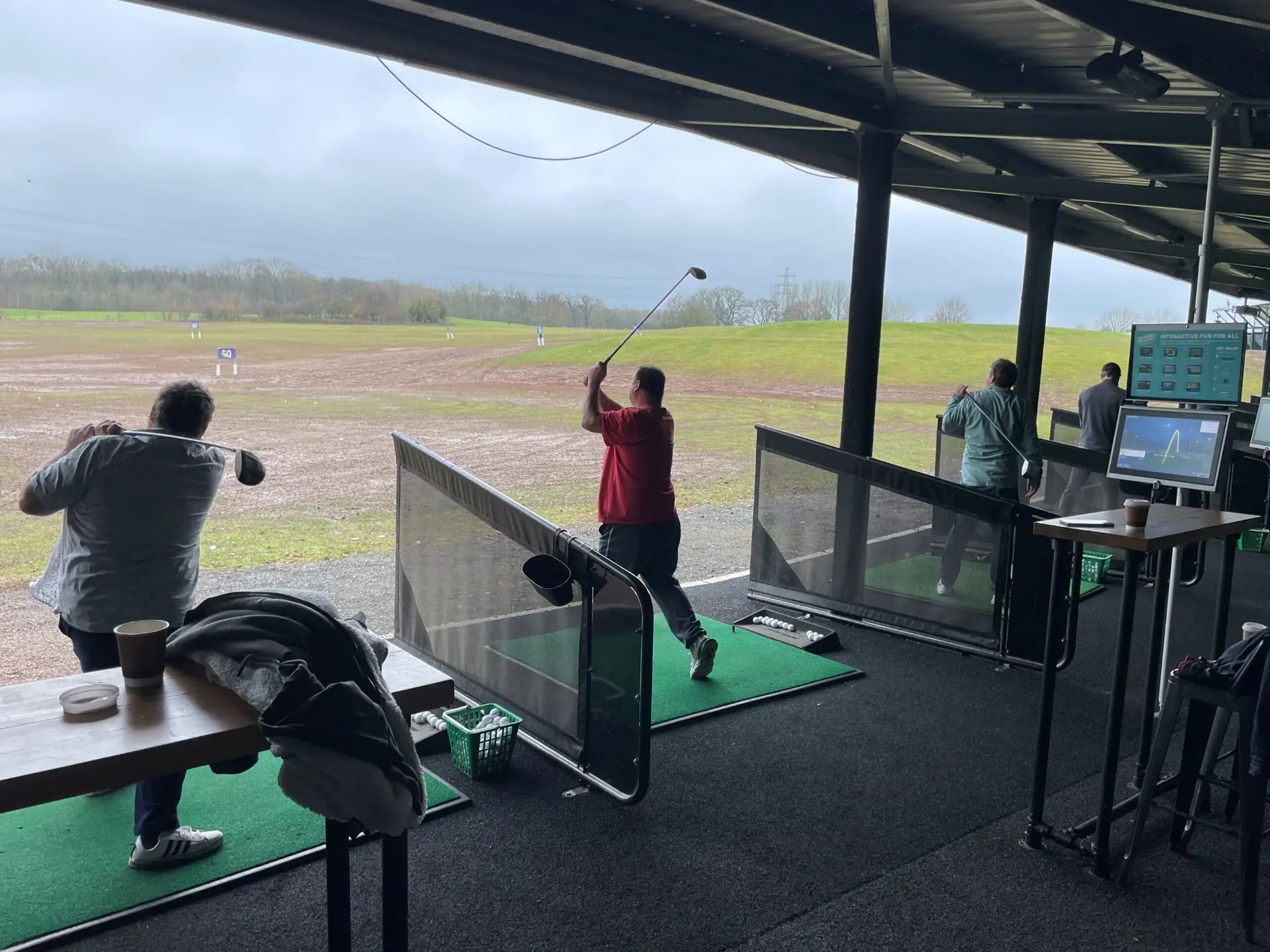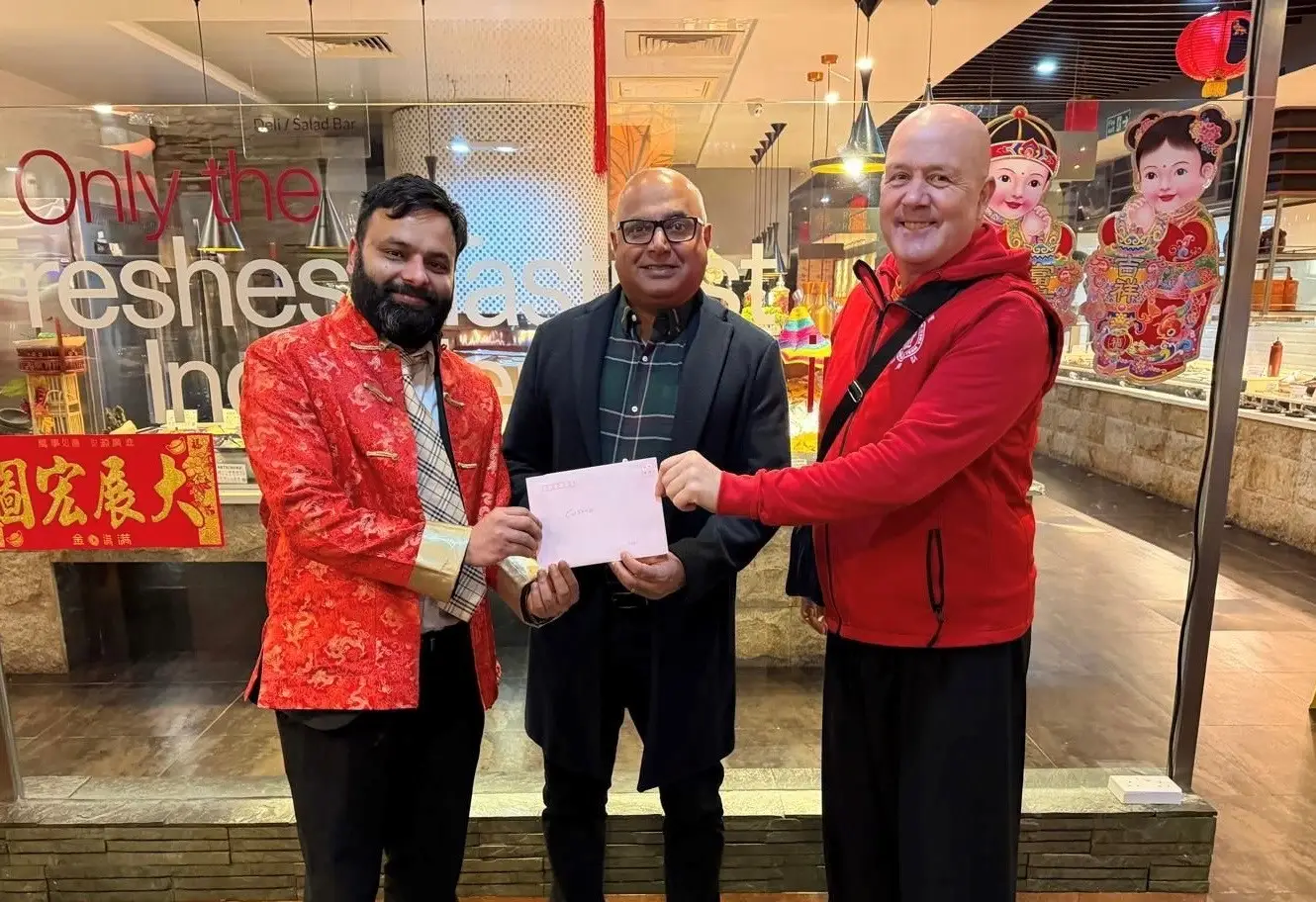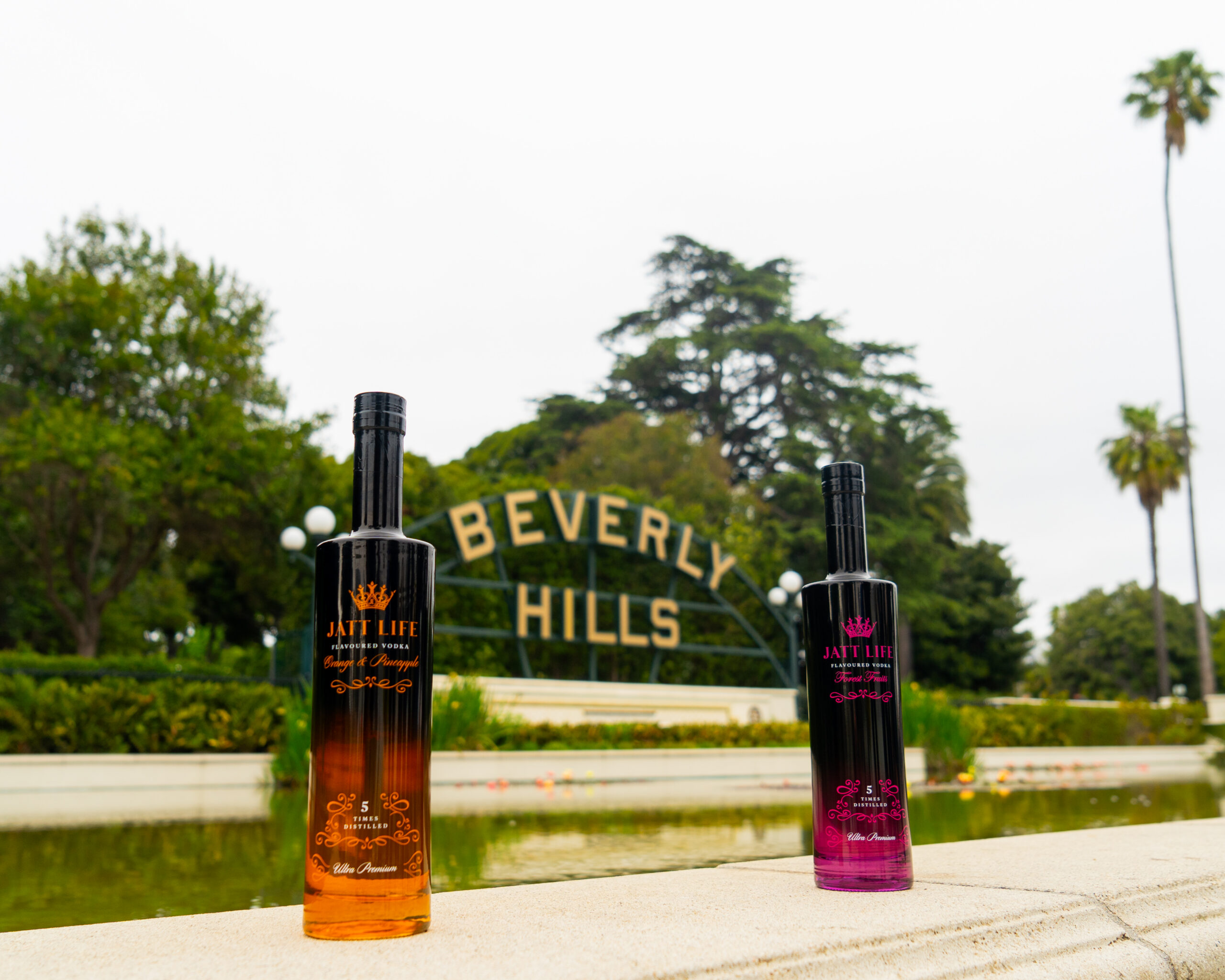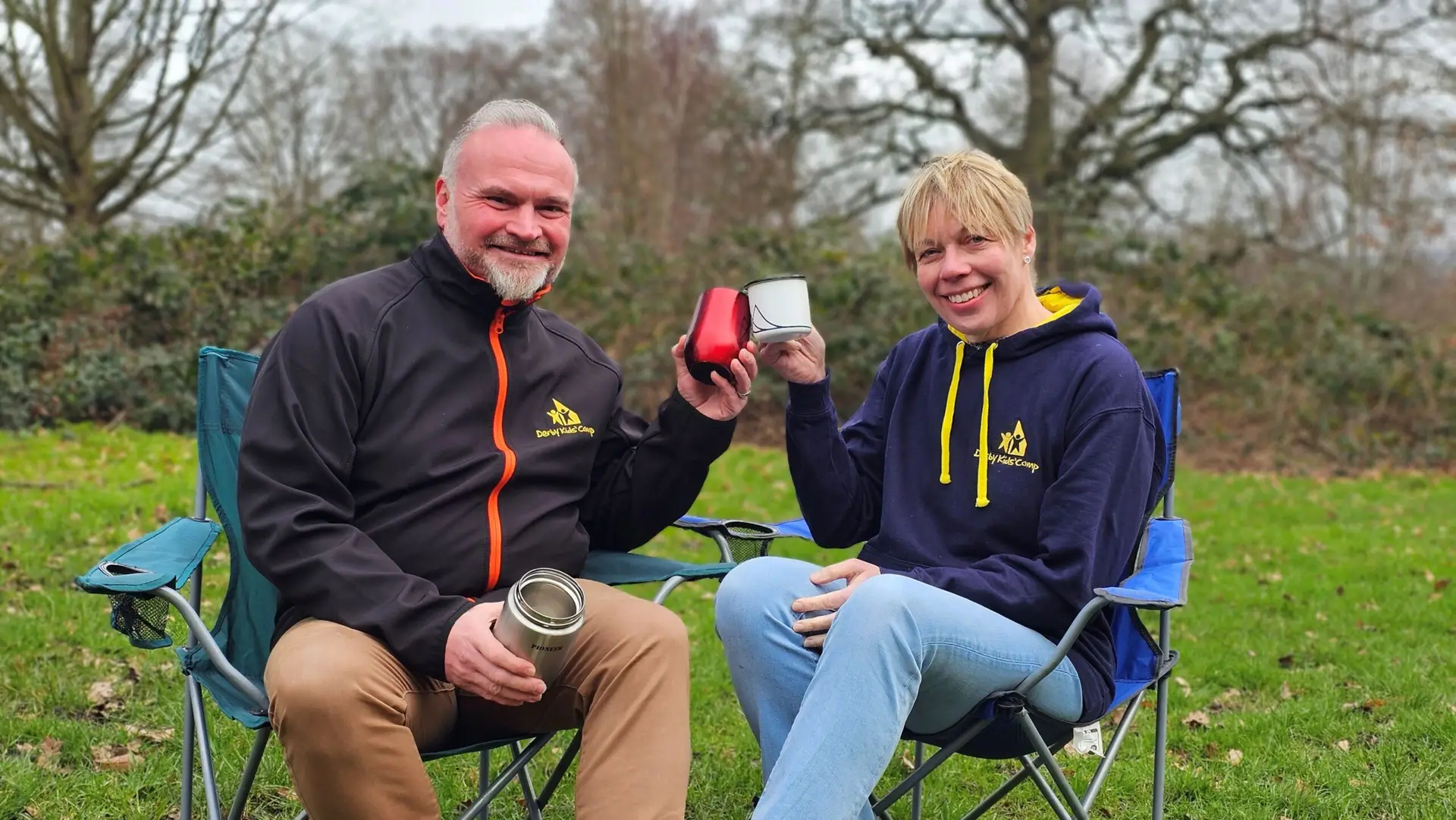It’s my job to promote Derby as a tourism destination, so finding out that it had been voted the worst city in the UK to visit was sickening. It was the very last thing I wanted to see, writes Stella Birks.
I’ve been trying to attract tourists to the city for the past 16 years, so I felt responsible and asked myself how was I not able to prevent it from happening.
I decided it was clickbait, but soon enough we had national newspapers getting in touch.
This included the Metro, which had been the first to pick the story up, and other newspapers followed.
We realised this was an opportunity to turn a negative into a positive and put a plan together to take advantage of it.
Derby has always had a very low profile nationally and, tourism being an incredibly competitive business, it is usually very difficult to get national travel journalists to pay us attention.
So this was a unique moment in time, albeit for the wrong reasons.
We realised the tone of voice in our approach would be very important. We might have been tempted to go all guns blazing, angrily lashing out and saying how unfair it all was, but instead we got in touch with a travel and tourism PR expert we work with to turn the story round.
We invited the national media up to see us so they could find out if what was in the Which? report was true and a number of them took us up on our offer.
I admit I was nervous about what they would say. I turned up to meet a reporter from the Guardian at the Exeter Arms where she was deep in conversation with a local who, it had turned out, had started off criticising the city and running it down.
But she was experienced, and clever. She asked him what he thought of the city pubs, since he was standing in one. Oh yes, he agreed, the pubs were great. Then she asked him something else about the city, and he agreed that was great as well.
That’s the thing about Derby. People who live here do criticise the city, as do people living in other places, but in reality, they are very proud of it, whether it’s the football club, or Electric Daisy, or somewhere like The Bell pub, which has been transformed.
And we work with a load of really fantastic businesses who will stop at nothing to promote the city.
Derby is a special place like that. When the survey came out, my heart went out to the business owners. I know how hard it is running a city centre business, especially in hospitality post-COVID, and I know how much they care.
Cities need tourism to create a sustainable economy, but city centres have to change. Visitors will come if there are things to experience and things which will create memories, but on the other hand, in small cities like Derby there is no hiding place.
If there is a street with a few empty shops, people will notice.
All of the journalists who have visited us have gone away happy and wrote glowing reports.
They’ve mentioned the places that always impress visitors, like Derby Cathedral which, as an Enlightenment cathedral, is light and airy, and is where we talk about Bess of Hardwick and the Cavendish family, including Henry Cavendish, who discovered hydrogen and is buried there.
The place that gets the most positive feedback is Sadler Gate. A few years ago, we took the head of PR for Visit England and he said it was like walking down a street in London, or like Covent Garden.
Then you’ve got Iron Gate, and the Arcade through to The Strand, and all this wonderful architecture that people living here probably don’t even notice. There’s Joseph Wright, the quality of whose work is extraordinary, and the railway heritage.
There is so much here and what has kept me going for the past 16 years is the feeling that, next year, we’ll make a breakthrough because we will be getting something new.
But next year really will be different. Not only is it the 200-year anniversary of the railways, and we have plans in place to mark it, we have the Becketwell performance venue opening and the reopening of the Market Hall.
The thing about somewhere like Derby is that you don’t need something massive to make a big difference. Both venues give us the chance to talk about the city and could encourage businesses to invest and add to the visitor experience, by creating street cafes, or paying for murals to brighten up the walls.
I am happy that we responded so promptly when the survey came out, and that we responded well. I’m very grateful to everyone who supported us, and for our partner businesses who helped us put the journalists’ visits together.
I believe that Derby can become a tourism destination. I know we’ll never be a York, and I don’t think we’d ever want to be that busy. But I look at Durham and I think they’ve got it right and that we could offer something similar.
I hope it doesn’t take another worst city survey report to raise our profile, but instead that it comes through the co-operation and enthusiasm from people living and working here who are willing to pull together and help the city out.


